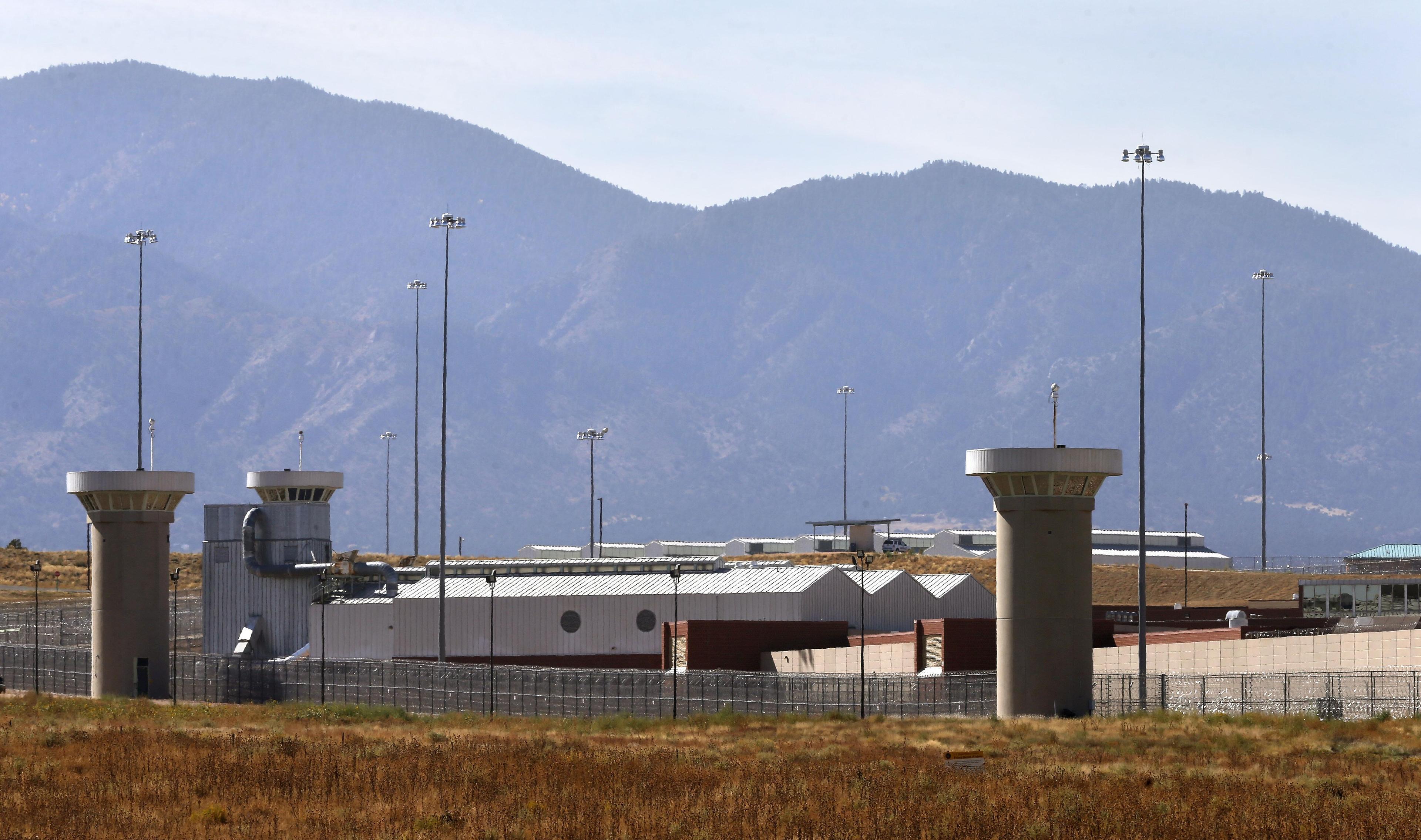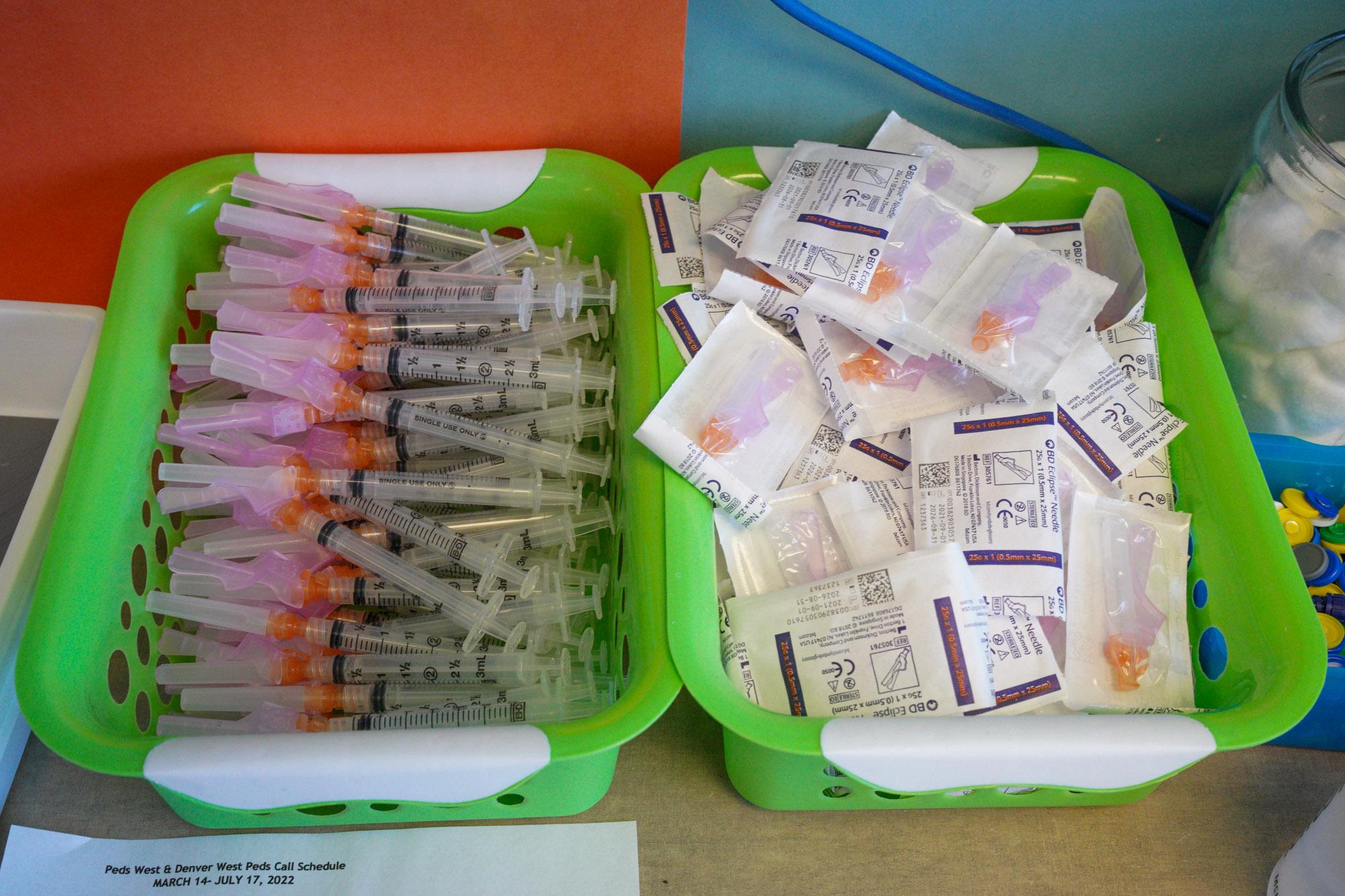Heavy drinking and drug use are dragging down Colorado’s overall health ranking.
Colorado dropped two places in the United Health Foundation’s annual look at state-by-state health, to 10th overall.
The state is still the slimmest in the nation, with one in five Coloradans considered obese.
“We have less adults in Colorado that are sedentary in that other states do,” said Dr. Cara Beatty medical director for UnitedHealthcare Colorado. “So I suspect that has something to do with it.”
In fact, Colorado is the nation’s most active state; four-fifths of residents report they get some kind of exercise outside of their regular job.
More troubling though, are the state’s numbers when it comes to substance abuse. Colorado ranks 36th for binge drinking, something 20-percent of residents say they engage in. The report also calculates Colorado had nearly 16 drug-related deaths per 100,000 residents from 2012-14, putting it at 33rd nationally for drug fatalities.
“I think it’s something that we should continue to pay attention to and really think how we might get a handle on that before it does get any worse,” Beatty said.
2012 data from the Institute for Health Metrics and Evaluation finds that much of Colorado’s heavy drinking takes place west of the continental divide, in ski country. Summit, Pitkin, and Ouray counties had among the highest rates of alcohol abuse in the state.

Colorado’s lowest marks on the health scorecard come from social factors. The state is 48th in terms of health disparity between residents with and without a high school diploma. Thirty-four percent more Coloradans with a diploma or better rated their health as good or excellent, compared to those who didn’t complete high school. That disparity is especially troubling since only 77 percent of Colorado students graduate from high school on time, a rate that puts the state 5th from the bottom nationally.
CPR’s Ben Markus and John Daley contributed to this report.








